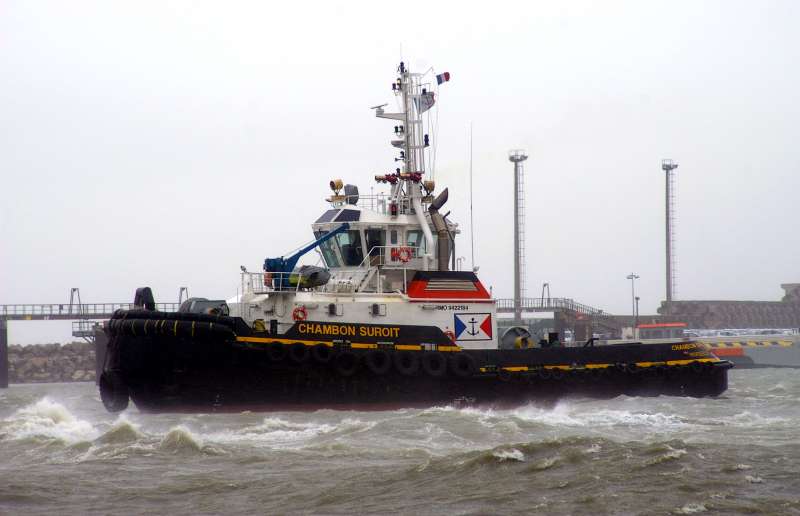Russia: First Floating Power Plant
June 1, 2017 | Expert Insights

Russiahas reached its advanced stages of building the world's first floating nuclear power plant.
Floating nuclear power plant
The FNPP is a site with one or more nuclear reactors that is located at the sea on a platform. These floating units are used to provide electricity and heat to areas with difficult access. It is a mobile and low capacity reactor unit operable in remote areas isolated from the main power distribution system or in places hard to access by land. It has been designed to maintain uninterrupted power and enough desalinated water supply to the remote areas.
This plant can be built at a factory or shipyard, without having the need to set up a special site for its construction. It also has low environmental impact and the dismantling can be done in a specialized site. Its mobility would also make it possible to relocate it from one site to another.
Russia and FNPP
The first floating nuclear power plant is to operate in Russia's extreme northeastern region of Chukotka. The FNPP has an electric capacity of 70 MW and is equipped with two reactors of 150 MW thermal capacity. This vessel can provide electric supply to a city of 200,000 and heat supply to more than a million in the city.
The FNPP in Russia would be governed by advanced safety parameters put after the Fukushima disaster in Japan in 2011. It is expected that with Russia's expertise the FNPP will be in great demand in the global nuclear power market. It is expected that this technology will gain market in the South Asia including India.
The vessel's construction is at its closing stage now and has been floated out. By 2019 the power unit installation on its proper location is expected to begin and then the FNPP will undergo final trials and be put into operation. China is also expected to complete its construction of a modular multi functioning floating reactor by 2020.
Assessment
India has been facing huge water crisis. It has started new projects for installing desalination plant in Chennai, however, the intake of water is expected to be twice the amount than the output. Also the operation cost would lead Tamil Nadu to bankruptcy. Russia and India had struck a deal to build additional 1000 MW nuclear plants. Thus it is expected that with the coming up of this new technology Russia would help build it in India. However, the question is that solar energy is present in abundance which is cost effective and environmentally friendly. Thus although these new nuclear technological advancements are taking place, countries are more likely to switch to renewable sources of energy to ensure a more sustainable world.
Also in future if India has a floating nuclear reactor, it could have adverse effect on the marine life and increase terrorism emanating from Pakistan or the LTTE or even the ISIS which in future if not controlled are likely to penetrate into South Asia as well.








Comments